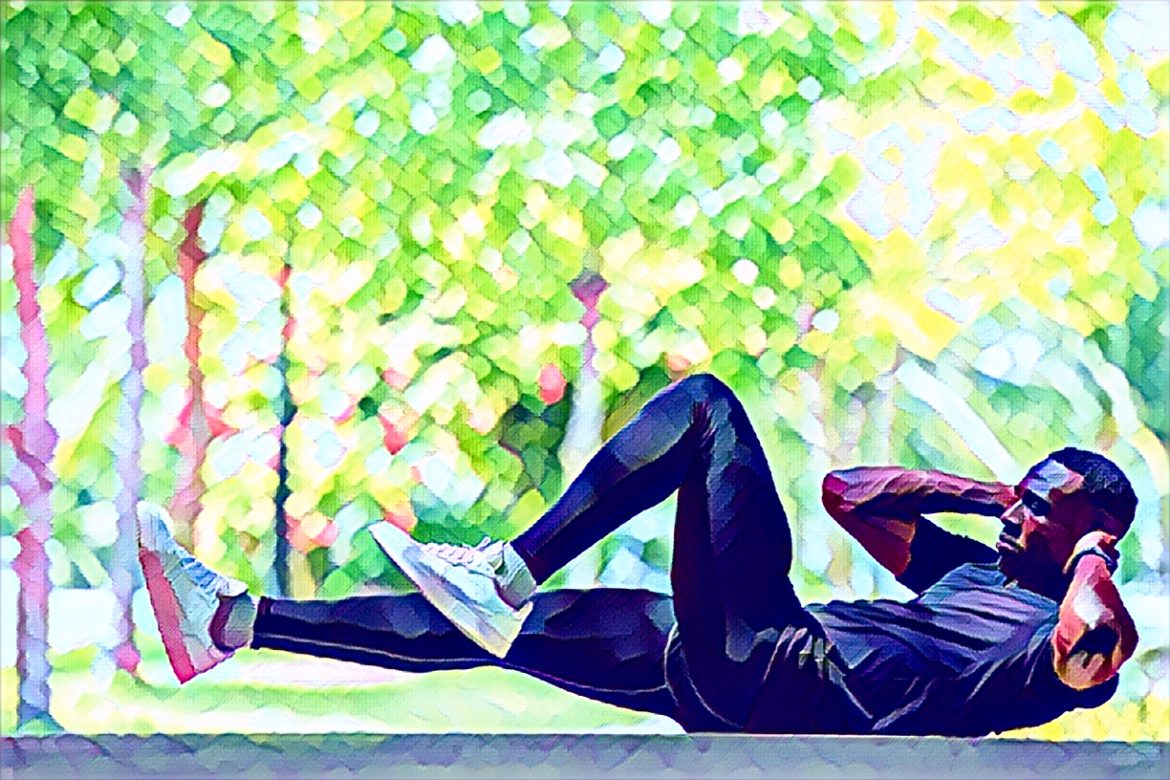KEY POINTS
- Affordable fitness routines help Nigerian youth stay active without high costs.
- Jogging, skipping, and bodyweight exercises are effective and require no equipment.
- Home workouts and community sports offer fun and low-cost fitness options.
Some Nigerian youngsters face accessibility problems when trying to exercise healthily because gym memberships and fitness equipment demand expensive payments. Being fit does not require expensive budgeting. The Nigerian youth population can adopt numerous cost-effective yet efficient fitness programs to achieve physical fitness improvement and better health along with strength development without substantial financial cost. Five economical fitness plans suitable for Nigerian young people exist which they can perform daily through calisthenics and outdoor workouts.
1. Bodyweight exercises — The definitive no-equipment workout
Exercising with body weight proves an extremely beneficial along with economical way to work out. The exercises require neither gym access nor spending money on equipment making them ideal for Nigerian young adults who want to exercise for free. The foundation of bodyweight exercise training includes five exercises: push-ups, squats, lunges, sit-ups together with planks. Primary muscles receive activation through these exercises which lead to endurance growth while enhancing flexibility.
This basic exercise plan starts with two or three rounds of push-ups at 20 repetitions followed by 30 squats and 20 lunges and then a 30-second hold in plank position and finishing with 25 sit-ups. College students together with young professionals who lack gym membership can perform this workout anywhere due to its flexibility between home space and park space and dormitory space.
2. Roadside and outdoor jogging
Participating in jogging activities enables people to improve their heart endurance and burn calories as they enhance their cardiovascular capacity. Running can be accessed without charge and requires only a pair of suitable running shoes along with being readily available to everyone. Multiple Nigerian children participate in jogging between their homes and parks as well as local football field areas. Place-based jogging clubs in Lagos and Abuja meet regularly to support individuals who exercise best with others in their workout environment. The youth population in rural areas can exercise by using open roads and school tracks.
People who want to develop a jogging system should run at a controlled pace for 20 to 30 minutes over three to four weekly workouts while using short sprint sessions for increased calorie burn and better endurance development.
3. Skipping Rope — high-intensity economical exercise
Many Nigerian adolescents should integrate the efficient and affordable exercise of skipping into their workout programs. You can buy a skipping rope at a low price which allows you to exercise anywhere you want while offering brief yet energetic workout periods. The physical practice of skipping offers both cardiovascular health benefits while enhancing coordination while helping participants reduce their weight. The athletic community especially boxers adopt jump rope because it rapidly reduces caloric intake while simultaneously improving athletic footwork.
The skipping exercise pattern starts with two minutes of jumping then rests for thirty seconds successive three times while intensifying the workout. A one-minute cooldown phase at the session close will help conserve energy and prevent muscle soreness. People can practice skipping as solitary or cooperative exercise which makes it both enjoyable and social activity.
4. Domestic exercise regimens
People who work out at home use regular items as their exercise equipment. Water bottles and both seats and bags can replace gym weights to serve as exercise tools. The strength of a chair makes it suitable for tricep dips while water bottles can replace dumbbells for bicep curls and wall sitting against a wall enables leg endurance training. The use of books in a backpack improves resistance when performing squats which enhances the exercise intensity and effectiveness.
For young Nigerians who want gym-strength enhancements without commercial gym expenses this method proves to be the best solution. Home workouts require creative approaches to their design and people have unlimited available choices. Individuals can design personal fitness programs with household items which improve their strength together with flexibility and resistance capabilities.
5. Community sports and fitness organizations
Sports involvement serves as an ideal way to stay fit while also delivering pleasure to people. The majority of Nigerian children participate in football basketball and volleyball activities for maintaining their physical fitness. Requesting participation in these sports helps athletes develop their physical fitness and improve their agility and coordination and teamwork abilities.
Some exercise groups gather at particular neighborhoods and localities to do aerobics yoga and dancing activities. Such activities let people improve their physical strength through exercise while building social bonds and raising motivation levels. People who choose active social pursuits can pursue physical activity for free through local teams or dancing classes along with peer group basketball.
Conclusion
The practice of fitness does not require high expenses within Nigeria. Nigerian adolescents need not invest in gym memberships because they can maintain healthy lifestyles through bodyweight exercises plus running and skipping along with home workouts and community sports activities. The achievement of training results depends heavily on consistent determination and these particular workouts can be accessed everywhere allowing total accessibility.
The adoption of affordable exercise plans by Nigerian adolescents enables them to boost both their body health and mental wellness while building permanent wellness practices.


